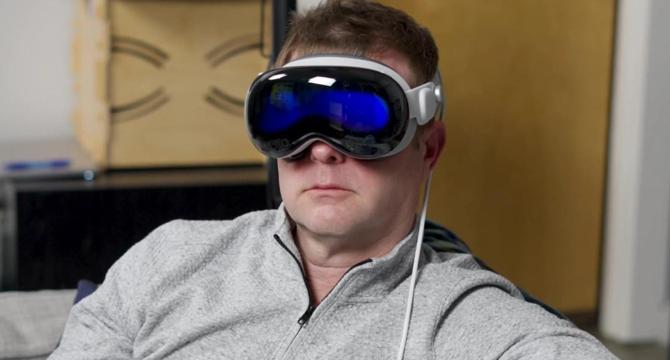Digitaltrends
2M
160

Image Credit: Digitaltrends
Apple eyes AI push on the Vision Pro. What it needs is a health pivot
- Apple's Vision Pro AR and VR headset may have had a slow start in the market, with reports swirling about the cancellation of its AR smart glasses project.
- To enhance the Vision Pro, Apple is reportedly focusing on integrating its suite of AI tools, including Writing Tools, Genmoji, and Image Playground, into the visionOS platform.
- Experts suggest Apple should shift its focus towards the healthcare sector, where applications of AR and VR technology have shown significant potential for medical professionals and patients.
- AR and VR technology have already proven beneficial in healthcare, aiding in tasks like telehealth visits, emergency medical response, optometry services, mental health therapy, physical therapy, and medical education.
- Apple's familiarity with biosensors and health-related data through devices like the Apple Watch and Beats PowerBeats Pro 2 could facilitate the integration of health-centric features into the Vision Pro.
- There is strong support for utilizing VR headsets and AR glasses for delivering immersive healthcare solutions, and Apple's expertise in privacy protection could address cybersecurity concerns in this domain.
- The U.S. FDA has already approved numerous AR/VR medical devices, signaling a growing acceptance of these technologies in the healthcare industry.
- Apple's collaborations with experts and institutions in scientific research, along with the advanced technology in the Vision Pro, position the device well for a strategic pivot towards healthcare applications.
- With the potential for expanding the applications of AR and VR in healthcare, Apple could leverage the Vision Pro's capabilities to cater to a more specialized market, offering medical utility rather than just recreational use.
- The focus on healthcare applications could distinguish the Vision Pro in a crowded AR/VR market, potentially leading to a more impactful and purpose-driven technology offering by Apple.
Read Full Article
9 Likes
For uninterrupted reading, download the app